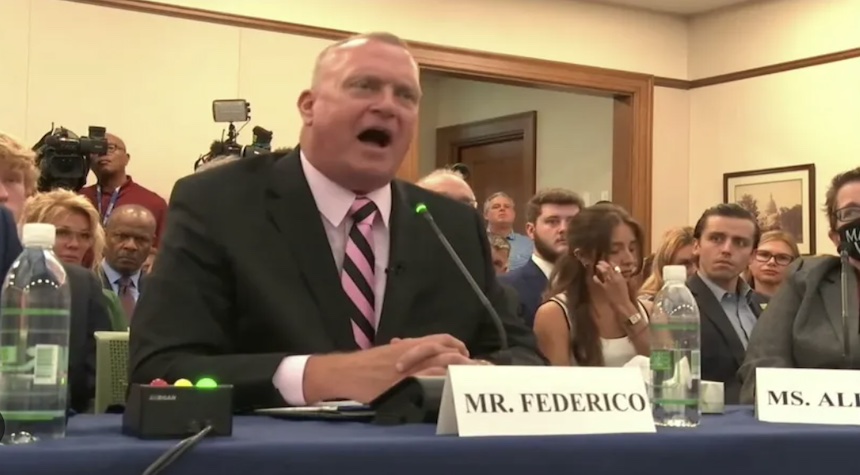A congressional hearing in Charlotte, North Carolina, has brought to light serious concerns about the effectiveness of current criminal justice policies. Two families, victims of violent crimes, have come forward to testify about their experiences and call for stricter penalties for repeat offenders.
Stephen Federico, father of 22-year-old Logan Federico, who was fatally shot in 2025, addressed lawmakers with a poignant plea. According to Federico, his daughter’s alleged killer had an extensive criminal record, including more than two dozen felonies in South Carolina, before the fatal incident occurred.
The suspect, Alexander Dickey, had been arrested multiple times for first-degree burglary. However, in 2023, he pleaded guilty to a lesser charge and was treated as a first-time offender. The solicitor’s office later stated that this decision was based on an incomplete record of Dickey’s criminal history, due to improper fingerprint documentation.
You May Also Like: Steve Cohen’s Scathing Address to Mets Fans Post-Collapse
The significance becomes clear when we consider a similar case that has recently shocked the Charlotte community. Surveillance footage captured the stabbing death of 23-year-old Iryna Zarutska on the city’s light rail system. The suspect in this case, Decarlos Brown Jr., also had a lengthy criminal record spanning a decade, including prior imprisonment for armed robbery.

These incidents have raised important questions about the effectiveness of current sentencing practices and the handling of repeat offenders. Representative Mark Harris of North Carolina expressed concern, stating, “It’s all too common for a criminal to be let off easy by a judge only to have him turn around and commit an even worse crime.”
The evidence suggests a complex interplay between criminal justice policies, mental health considerations, and public safety. In Brown’s case, reports indicate he had been diagnosed with schizophrenia and was awaiting a mental competency evaluation at the time of Zarutska’s murder.

This development follows earlier reports of systemic challenges within the judicial process. Mia Alderman, whose granddaughter Mary Collins was murdered in 2020, testified about ongoing delays in prosecution and concerns about release condition violations by one of the suspects.
The facts paint a picture of a criminal justice system struggling to balance rehabilitation, mental health treatment, and public safety. As this story continues to unfold, it will be crucial to monitor how lawmakers and judicial officials respond to these challenges.


